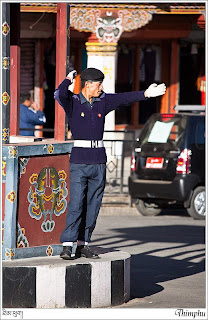Compensation clause accepted
To be commensurate with status of the wrongfully detained
Civil and Criminal Procedure Code 7 December, 2010 - The national assembly (NA) has agreed to the national council’s (NC) amendment in the civil and criminal procedure code to compensate people detained or subjected to unlawful detention but later acquitted.
The amendment comes at a time, when there have been several cases in recent years of people being detained for months, but later acquitted because of lack of evidence.
Discussing the amendments yesterday, NA’s legislative committee chairperson and Drametse- Narang representative, Ugyen Wangdi, said those victims end up being deprived of income and social status.
“They also suffer mentally,” he said, adding there were also a few cases in which people were detained without obtaining proper court order.
With this amendment people should now be able to seek compensation, he said.
“But this doesn’t apply to those, who’re called to court but aren’t detained,” he said.
Ugyen Wangdi told Kuensel that the compensations would be determined by the court ruling and based on the time period a person has been detained for.
For civil servants, the compensation amount will be based on monthly salary, average income for those in business, and the national minimum wage for people not holding full time jobs.
Gangzur-Minjay representative Karma Rangdol said it would be a violation of human rights if an acquitted person was not compensated.
Meanwhile, among others, a new section on “access of right”, which permitted a detainee to meet family members, besides their jabmi as stated earlier, was added.
“They’ll be allowed to meet families until investigation,” Ugyen Wangdi said. “But they won’t be allowed to talk anything related to the case.”
The house also added a new section on the non-bailable offence, which stated the court should not grant bail to a person, who has been charged with an offence against the security and sovereignty of the country.
In addition, an offence, which is above a prison term of nine to 15 years, will also not be granted bail.
In all, the house unanimously accepted 42 of the 49 amendments proposed by the national council. The bill that generated from the national council will be sent back to the council for re-deliberation.
By Yangchen C Rinzin
KUENSEL





